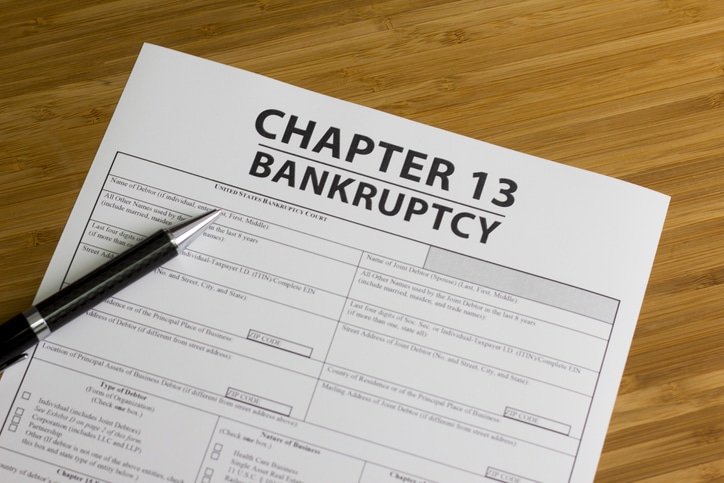Bankruptcy Laws That Provide Breathing Space
In today’s world where finances are not easy to handle, and the economies go through recession after recession, it is no wonder that creditors are hard to pay. Expenses rise for the common man as inflation occurs, and there are always medical bills, job losses, divorces, lawsuits and other unforeseeable expenses. A lot of people have to resort to bankruptcy after having to deal with creditors who may almost bully them with phone calls and foreclosures. The economic climate is such that the stigma of being bankrupt has declined. More and more people have come under severe unexpected financial losses, which is why there are many ways to deal with bankruptcy.
During a bankruptcy, the court disallows creditors to collect debts. If the creditors do so insists, they face the penalty of damages, and this law, called the “automatic stay” is created to stop creditors from bullying debtors who can no longer afford to pay. In this manner, a person or business may legally abstain from becoming destitute. This does not mean the creditor is not protected. By law, an assessment sheet of the debtors’ assets and liabilities is created. According to the evaluation, the debtor keeps some money and creditors are satisfied according to priority. The debts which cannot be paid are discharged except those like tax debt, domestic support orders etc.
There are different types of bankruptcies one may be eligible for.
- Chapter 7 is for individuals, married couples, corporations and partnerships. Unsecured debts are discharged here.
- Chapter 11 Bankruptcy is used by corporations or partnerships. This Code provides for the rehabilitation of the business and provides a plan to keep it business alive and pay creditors over time. It is a good idea to file for bankruptcy under this to receive some breathing space.
- Chapter 13 gives aid to individuals or sole proprietors by proposing a plan for payment to creditors by installment from the debtor’s income. It discharges any unpaid balance of dischargeable debts at the end of the plan.
After all these are filed and considered, if you still suffer from creditors troubling you, you should take the following steps.
- Let your bankruptcy attorney know of the creditor and discuss the possibility of a lawsuit.
- Keep a log of date, time, subject matter, Caller ID, emails etc o any communication to prove you are being harassed. Don’t be intimidated. The law is on your side.
- Check your credit to ensure your creditors reflect your status as no longer owing them any debt. If there is any error or it does not reflect after 60 days, then file a report under the s Fair Credit Reporting Act.
About Author: This is a guest post by Mark Dwayne of timewarnercable.wedocable.com, a site that offers savings and current information on Time Warner Cable. Visit here to learn more about savings on your cable bills.






